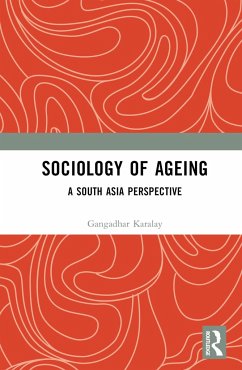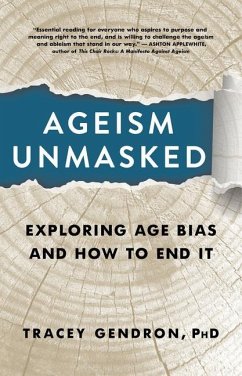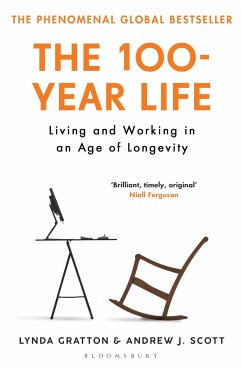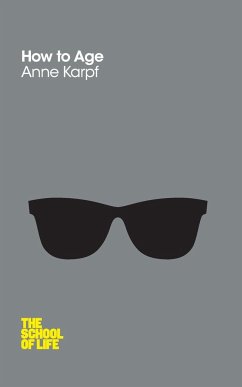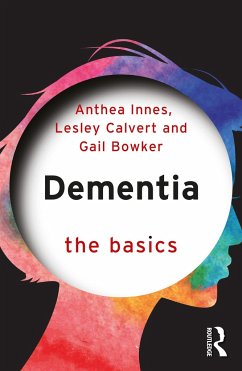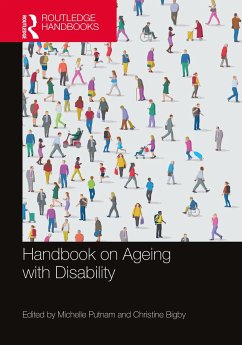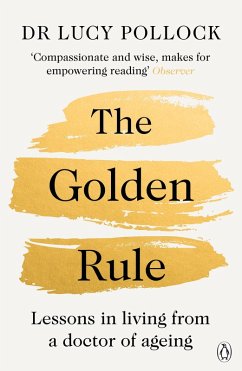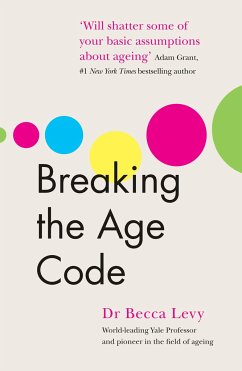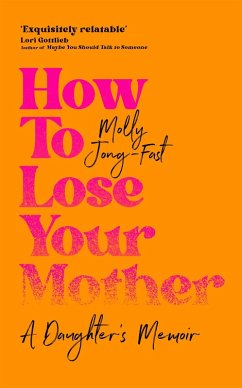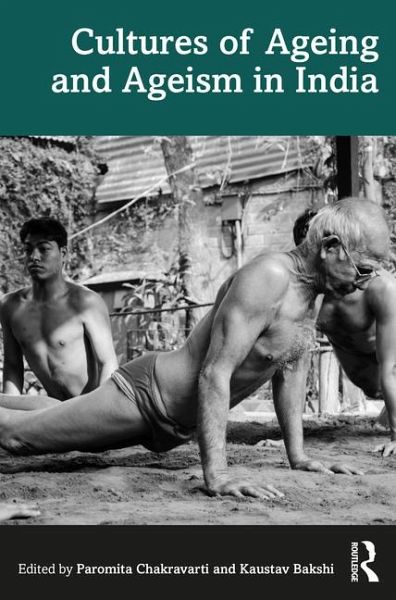
Cultures of Ageing and Ageism in India
Versandkostenfrei!
Versandfertig in 6-10 Tagen
45,99 €
inkl. MwSt.
Weitere Ausgaben:

PAYBACK Punkte
23 °P sammeln!
This book examines the discourses on ageing and ageism in Indian culture, politics, art and society. It explores its representations and the anxieties, fears and vulnerabilities associated with ageing.The volume looks at ageing within the contexts of the larger discourses of gender, sexuality, nation, health and the performance and politics of ageing. The chapters grapple with diverse issues around ageing and elder care in contemporary India, shifts in socio-economic conditions and the breakdown of the heteropatriarchal family. The book includes personal accounts and narratives that detail the...
This book examines the discourses on ageing and ageism in Indian culture, politics, art and society. It explores its representations and the anxieties, fears and vulnerabilities associated with ageing.
The volume looks at ageing within the contexts of the larger discourses of gender, sexuality, nation, health and the performance and politics of ageing. The chapters grapple with diverse issues around ageing and elder care in contemporary India, shifts in socio-economic conditions and the breakdown of the heteropatriarchal family. The book includes personal accounts and narratives that detail the daily experiences of ageing and living with disease, anxiety, loneliness and loss for both elders and their friends and families. The book also explores the models of alternative networks of kinship and care that queer elders in India create in India as well as examining narratives-in society, art, sports and popular culture that both critique and challenge stereotypical ideas about the desires, aspirations, and mental and physical capabilities of elders.
Topical and comprehensive, this book will be useful for scholars and researchers of gerontology, literature, cultural studies, popular culture, sociology, social psychology, queer studies, gender studies, social anthropology, and South Asian studies.
The volume looks at ageing within the contexts of the larger discourses of gender, sexuality, nation, health and the performance and politics of ageing. The chapters grapple with diverse issues around ageing and elder care in contemporary India, shifts in socio-economic conditions and the breakdown of the heteropatriarchal family. The book includes personal accounts and narratives that detail the daily experiences of ageing and living with disease, anxiety, loneliness and loss for both elders and their friends and families. The book also explores the models of alternative networks of kinship and care that queer elders in India create in India as well as examining narratives-in society, art, sports and popular culture that both critique and challenge stereotypical ideas about the desires, aspirations, and mental and physical capabilities of elders.
Topical and comprehensive, this book will be useful for scholars and researchers of gerontology, literature, cultural studies, popular culture, sociology, social psychology, queer studies, gender studies, social anthropology, and South Asian studies.





